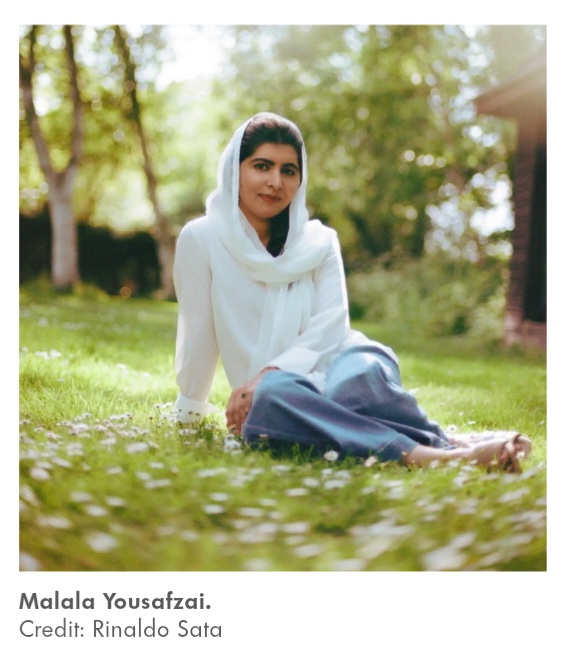One Voice That Changed the World
In a world where over 120 million girls are out of school, the story of Malala Yousafzai stands as both a symbol of resistance and a roadmap for change. Shot by the Taliban at just 15 for advocating girls' right to education in Pakistan, Malala's recovery and rise as a Nobel Peace Prize laureate have inspired millions worldwide.
But her mission didn’t stop with survival. Through the Malala Fund, she has dedicated her life to ensuring every girl has access to 12 years of free, safe, and quality education — no matter where she lives.
What Is the Malala Fund?
Malala Fund is a global nonprofit co-founded by Malala and her father Ziauddin Yousafzai. The organization operates in regions where girls face significant barriers to education — including Pakistan, Nigeria, Afghanistan, India, Brazil, and Ethiopia.
Core Programs Include:
• Girl Programme: Supporting young women to become education advocates in their communities.
• Education Champion Network: Funding local activists and organizations focused on girls’ education.
• Research & Policy Work: Driving systemic change through government engagement and global policy reform.
Why Girls' Education Matters: Global Impact
Educating girls isn’t just a human rights issue — it’s a global development solution. Here’s why:
• Economic Growth: Every additional year of school can increase a woman’s future earnings by up to 20%.
• Healthier Families: Educated mothers are more likely to ensure their children are vaccinated and nourished.
• Climate Resilience: Studies show that girls’ education is one of the most powerful tools to mitigate climate change.
Geographically, the problem is most severe in sub-Saharan Africa, South Asia, and conflict-affected regions. In countries like Afghanistan, girls are currently banned from attending secondary school. In Nigeria, poverty and insecurity have led to massive drop-out rates. In Latin America, indigenous and rural girls face additional barriers due to language, location, and systemic inequality.
What Still Needs to Be Done
Despite global progress, there’s urgent work ahead:
• Policy Reform: Governments must prioritize girls’ education in national budgets and legislation.
• Infrastructure: Many regions still lack safe schools, trained teachers, and essential supplies.
• Cultural Change: Gender norms and early marriage continue to limit girls’ futures.
• Digital Access: The education gap has widened with unequal access to remote learning technologies.
How You Can Help
• Support the Malala Fund – Visit malala.org to donate or learn how to advocate.
• Raise Awareness – Share this article and educate your local community about global disparities.
• Partner With Local Organizations – Many groups are doing grassroots work in your country or region.
• Stay Informed – Follow global education news, especially concerning girls and marginalized communities.
Final Thoughts: From IdealHive to the World
At IdealHive, we believe in amplifying voices like Malala’s — voices that challenge the status quo and uplift communities. Girls' education is not just a global need; it’s a global opportunity. Let’s work together to ensure no girl is left behind.
Keywords (for SEO):
Malala Yousafzai, Malala Fund, girls education, global education crisis, women's empowerment, education inequality, female literacy, support girls' education, education nonprofit, global south education
|
|

